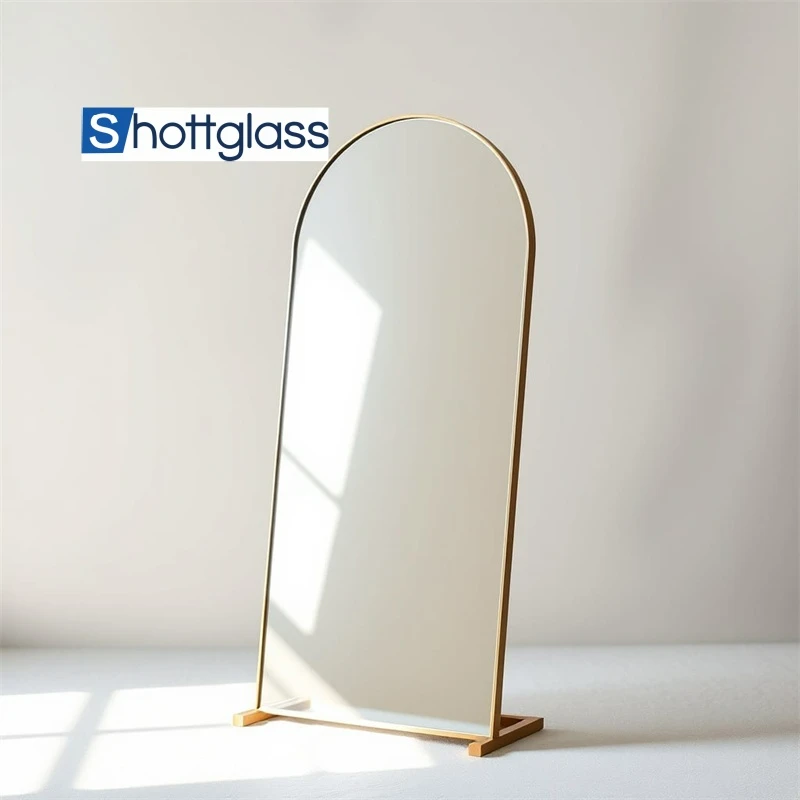Sep . 23, 2025 06:55 Back to list
Tinted Glass-Shahe Shott Glass Co., Ltd.-Heat Absorption&Solar Control
Tinted glass is a versatile material that combines functional performance with visual appeal. By incorporating specific colorants during the manufacturing process, tinted glass offers unique properties that address modern architectural and environmental challenges. This article explores the features, applications, technical specifications, and company background of tinted glass, while emphasizing its role in energy-efficient design.
The Key Features of Tinted Glass
Heat Absorption and Solar Radiation Control
Tinted glass is engineered to absorb solar radiation more effectively than clear float glass. For instance, a 6mm-thick clear float glass has a heat transmittance of approximately 84%, whereas tinted glass reduces this to around 60%. The darker the color, the lower the heat transmittance, making it an ideal solution for regions with intense sunlight. This property helps regulate indoor temperatures, reducing the need for air conditioning and lowering energy costs.
According to NIST (National Institute of Standards and Technology), solar control glass plays a critical role in improving building energy efficiency. Tinted glass aligns with these standards by minimizing heat gain while maintaining natural light levels.
Light Intensity Reduction and Visual Comfort
In areas with high solar intensity, such as deserts or low-latitude regions, tinted glass effectively reduces the intensity of sunlight. This feature is particularly beneficial in commercial and residential spaces where excessive glare can cause visual fatigue and reduce productivity. By softening sunlight, tinted glass creates a more comfortable indoor environment.
Additionally, advanced coating technologies can transform tinted glass into reflective glass, further enhancing its energy-efficient performance. This combination of tinting and reflection makes it a preferred choice for sustainable building designs.
Applications of Tinted Glass
Architectural and Interior Design
Tinted glass is a cornerstone of modern architectural design, contributing to the aesthetic and functional aspects of building facades. Its ability to control sunlight and reduce heat transfer makes it ideal for commercial buildings, offices, and residential complexes. By mitigating glare and heat, tinted glass improves occupant comfort and reduces energy consumption.
Internally, tinted glass can be used in partitions, windows, and decorative elements. Its varied color options—such as grey tinted glass, blue tinted glass, and black tinted glass—allow for creative design solutions that enhance the visual appeal of spaces.
Automotive Industry
In the automotive sector, tinted glass is widely used in vehicle windows to block excessive sunlight and reduce driver fatigue. By minimizing glare, it improves safety and comfort during long drives. This application highlights the versatility of tinted glass in addressing both functional and aesthetic needs.
Product Specifications
| Size (mm) | 1650x2140, 1830x2440, 2140x3300, 2440x3300, or custom sizes |
|---|---|
| Thickness | 4mm, 5mm, 6mm, 8mm |
| Colors | Golden Bronze, Euro-Bronze, Dark Grey, Euro Grey, Black, F-Blue, Dark Green, F-Green, Ocean Blue, and more |
| Applications | Architecture, furniture, interior decoration, automotive |
Company Background: Shahe Shott Glass Co., Ltd.
Shahe Shott Glass Co., Ltd. is a leading manufacturer specializing in high-quality glass products, including tinted glass. With a commitment to innovation and sustainability, the company offers a wide range of solutions tailored to diverse industries. Their expertise in glass processing includes cutting, tempering, and laminating, ensuring that customers receive customized products that meet their specific requirements.
The company's dedication to quality is reflected in its rigorous testing and adherence to international standards. By leveraging advanced technologies, Shahe Shott Glass Co., Ltd. continues to set benchmarks in the glass manufacturing industry.
Product Display and Visual Examples
Below are visual examples of tinted glass products:
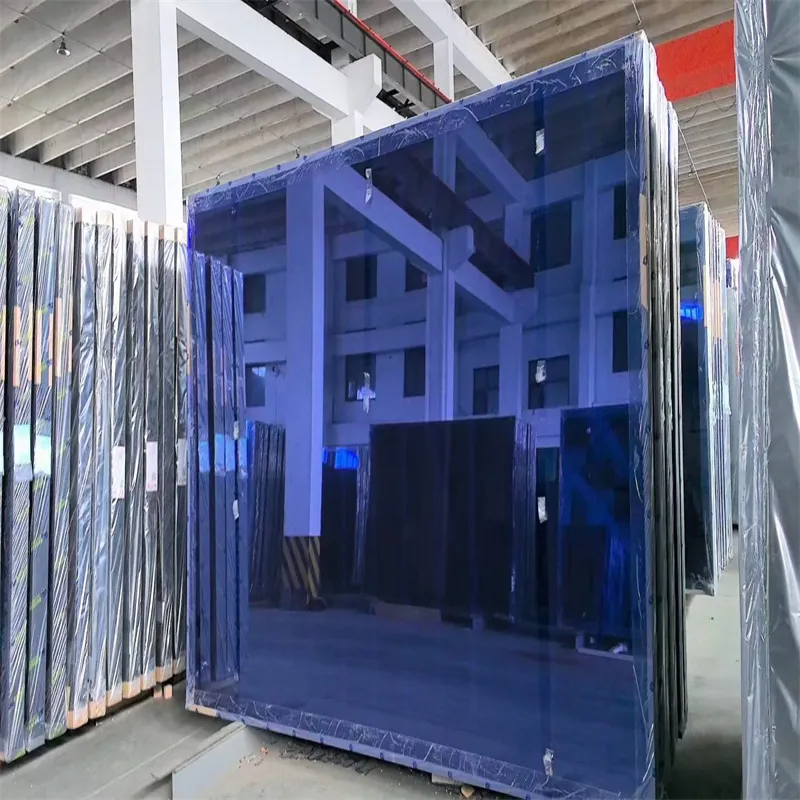
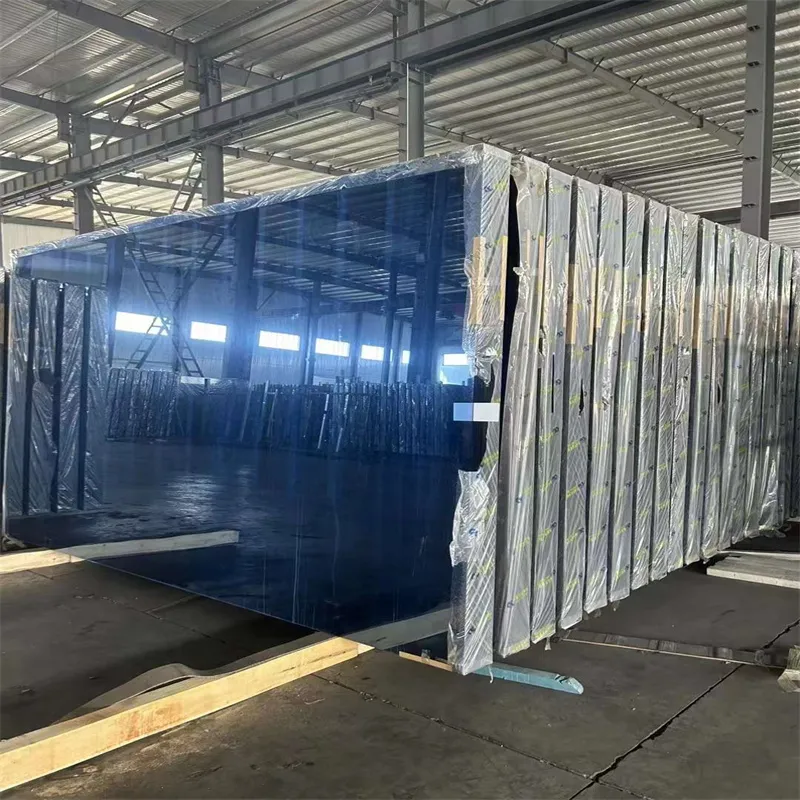
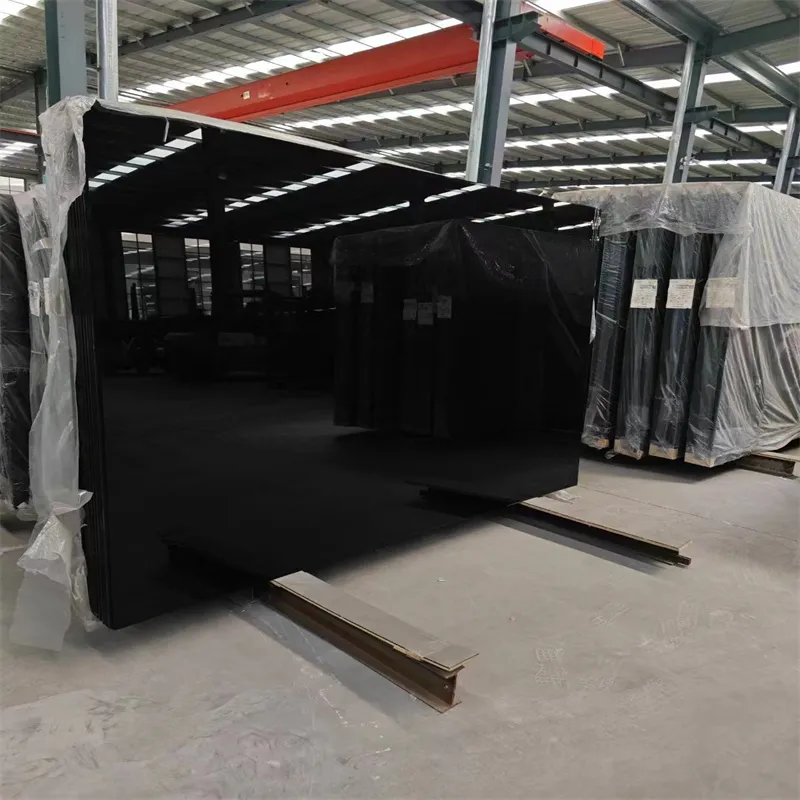
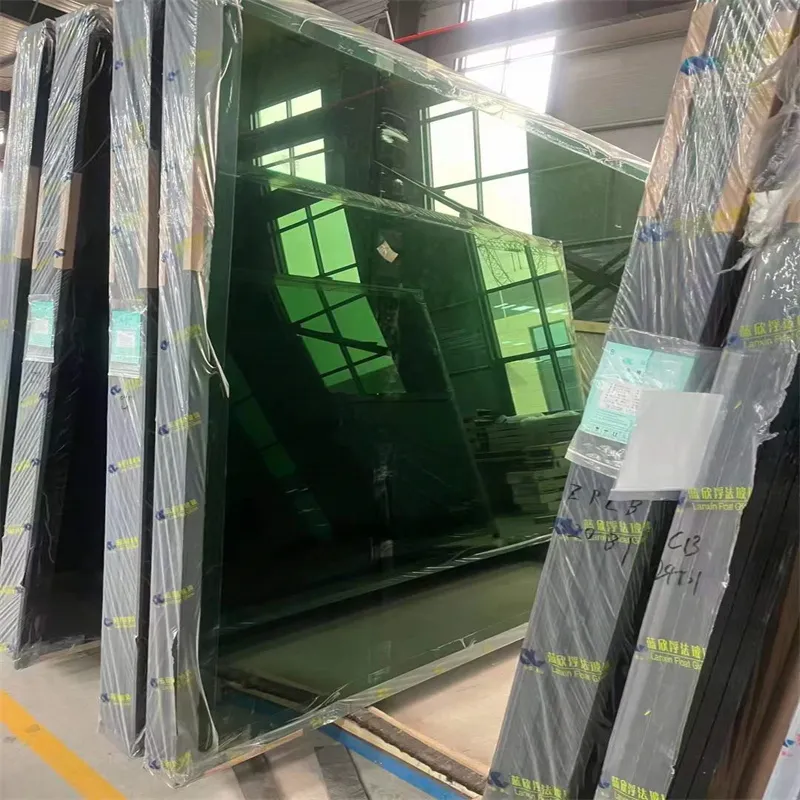
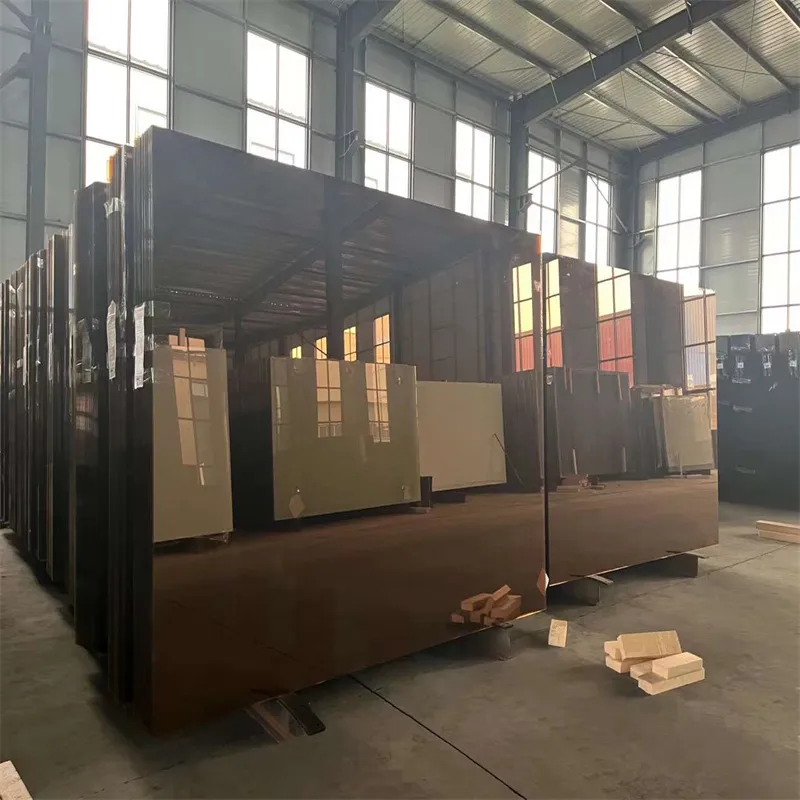
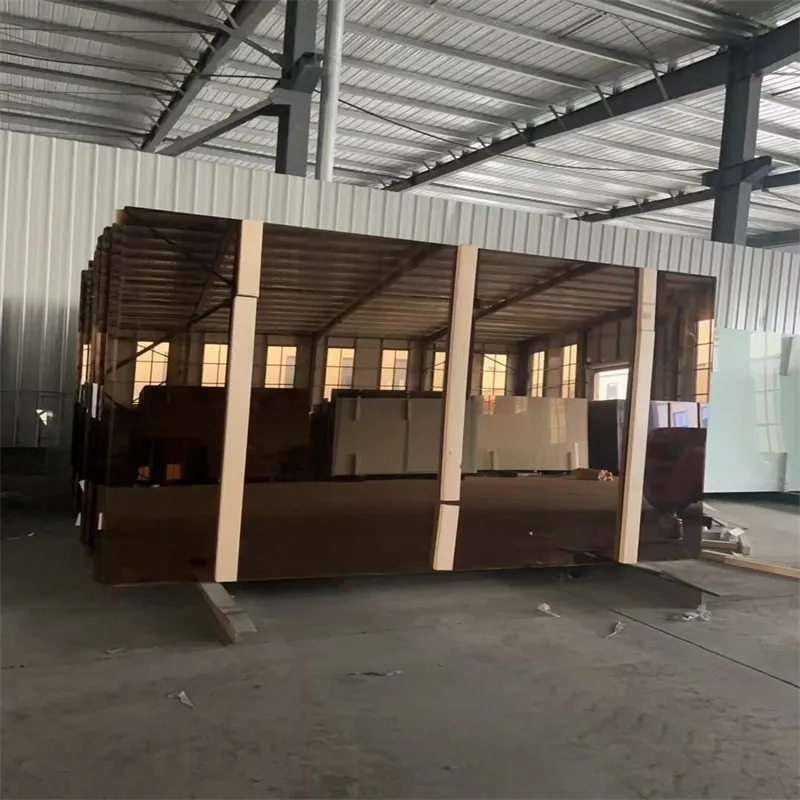
Conclusion
Tinted glass is a transformative material that bridges the gap between functionality and aesthetics. Its ability to control solar radiation, reduce glare, and enhance visual appeal makes it an essential component in modern architecture and design. With a wide range of colors, customizable specifications, and applications across industries, tinted glass continues to evolve as a key player in sustainable building practices.
For more information about tinted glass products, visit Shahe Shott Glass Co., Ltd..
References
NIST (National Institute of Standards and Technology). (n.d.). Solar Radiation Control in Building Materials. Retrieved from https://www.nist.gov/
-
Types of Reflective Glass
NewsNov.17,2025
-
What Is Dichroic Glass?
NewsNov.17,2025
-
Smart LED mirrors can have touch controls
NewsNov.17,2025
-
Laminated glass improves energy efficiency
NewsNov.17,2025
-
Insulated glass enhances building comfort
NewsNov.17,2025
-
Acid etched glass offers elegant privacy
NewsNov.17,2025
Related PRODUCTS







